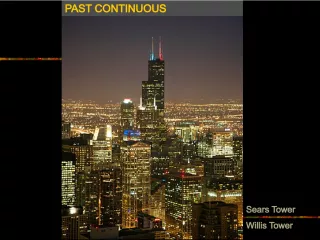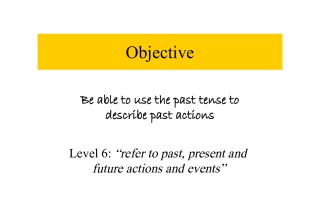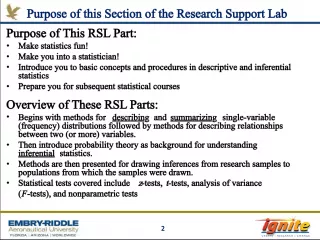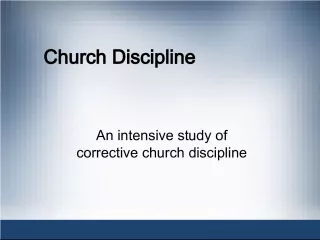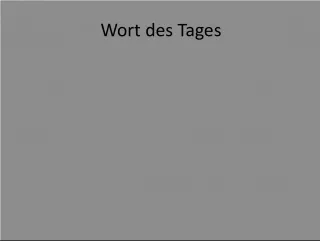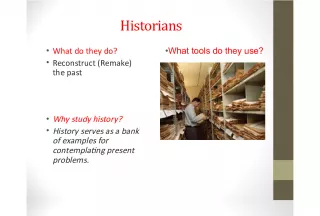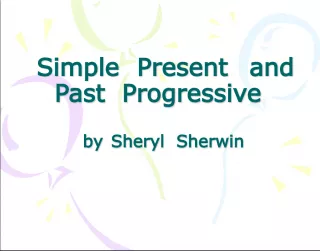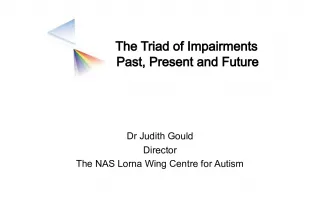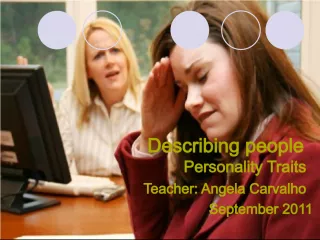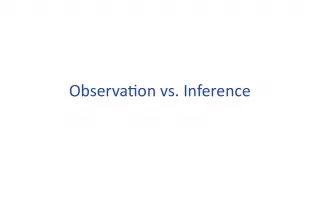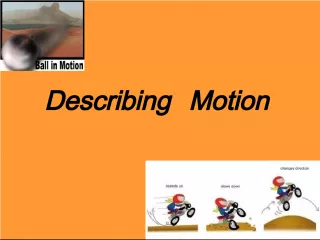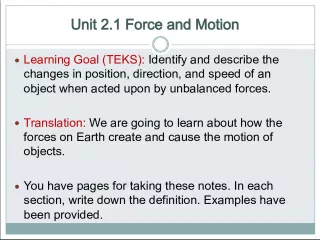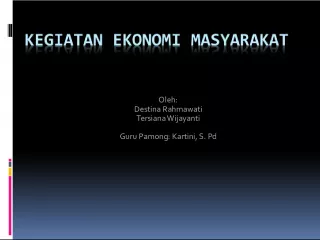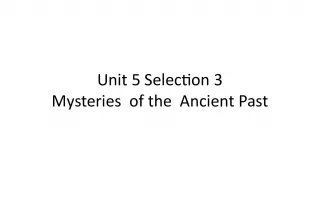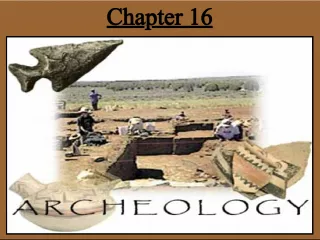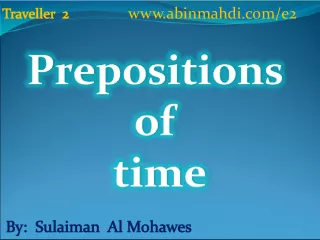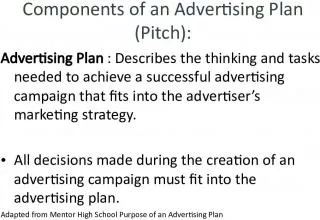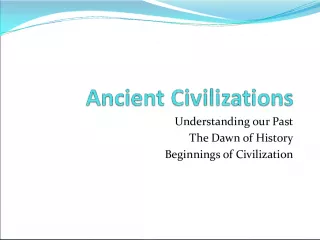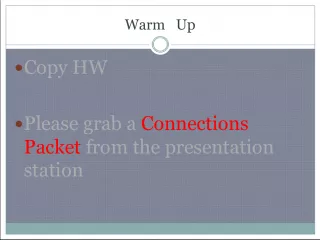Imparfait: Describing the Past
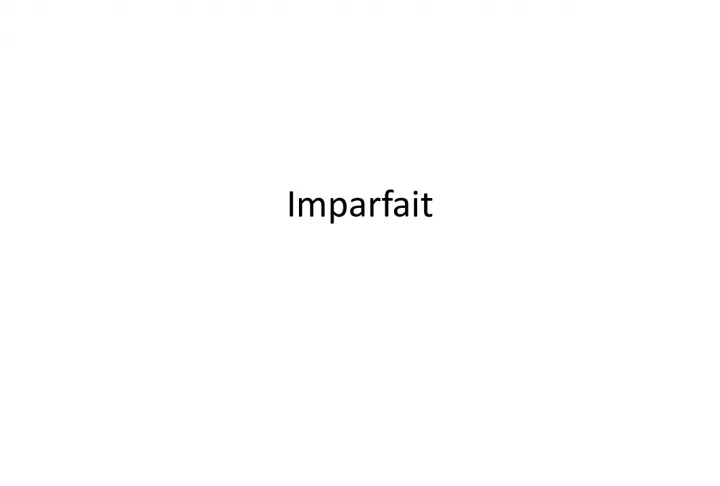

Imparfait is a past tense form used to describe what things were like in the past. It is formed by using the nous form of the verb in the present tense and removing the
- Uploaded on | 1 Views
-
 davidjohnson
davidjohnson
About Imparfait: Describing the Past
PowerPoint presentation about 'Imparfait: Describing the Past'. This presentation describes the topic on Imparfait is a past tense form used to describe what things were like in the past. It is formed by using the nous form of the verb in the present tense and removing the. The key topics included in this slideshow are . Download this presentation absolutely free.
Presentation Transcript
Slide1Imparfait
Slide2What is imparfait?• Imparfait is a past tense form that is used to describe what things were like. The stem you use to form the imperfect is the nous form of the verb in the present tense without the –ons ending. Example: écrire= écrivons in the nous form so when you take away the –ons you are left with the stem écriv- to which you then add a set of endings.
Slide3Imparfait• To describe how things and people were in the past. • To describe general conditions or to set the scene. • To talk about what used to happen or to tell about repeated habitual actions • After words that indicate a repeated action the the past, like toujours, d’habitude, souvent, tous les jours , and de temps en temps • To tell what was going on when something else happened • To emphasize that you were in the middle of doing something when something else happened, you can use the expression être en train de in the imparfait followed by an infinative. • To make a suggestion you can use the expression si on followed by a verb in the imparfait • To tell how someone seemed to be, you can use the expression avoir l’air in the imparfait followed by an adjective.
Slide4Vs passé composé• To tell what happened • After words that indicate a specific moment in the past like un jour, soudain, tout d’un coup, au moment où , and une fois • After words that indicate in which order a series of events occurred like, d’abord, aprés, ensuite, enfin, and finalement. • To talk about an even that occurred while another action was going on.
Slide5How to conjugate imparfait• To form the stem for imparfait, use the nous form of the verb without the –ons ending. . Example: écrire= écrivons in the nous form so when you take away the –ons you are left with the stem écriv- to which you then add a set of endings. • The stem of –ger verbs like manger keeps the –e. • To make imperfect negative, place ne…pas around the verb
Slide6Normal VerbsPARLER STEM endings Je Parl---- -ais Tu -ais Il/Elle/O n -ait Nous -ions Vous -iez Ils/Elles -aient
Slide7AVOIRJ’ avais tu avais Il/elle/on avait nous avions vous aviez Ils/elles avaient
Slide8êtreJ’ étais tu étais Il/elle/on était nous étions vous étiez Ils/elles étaient
